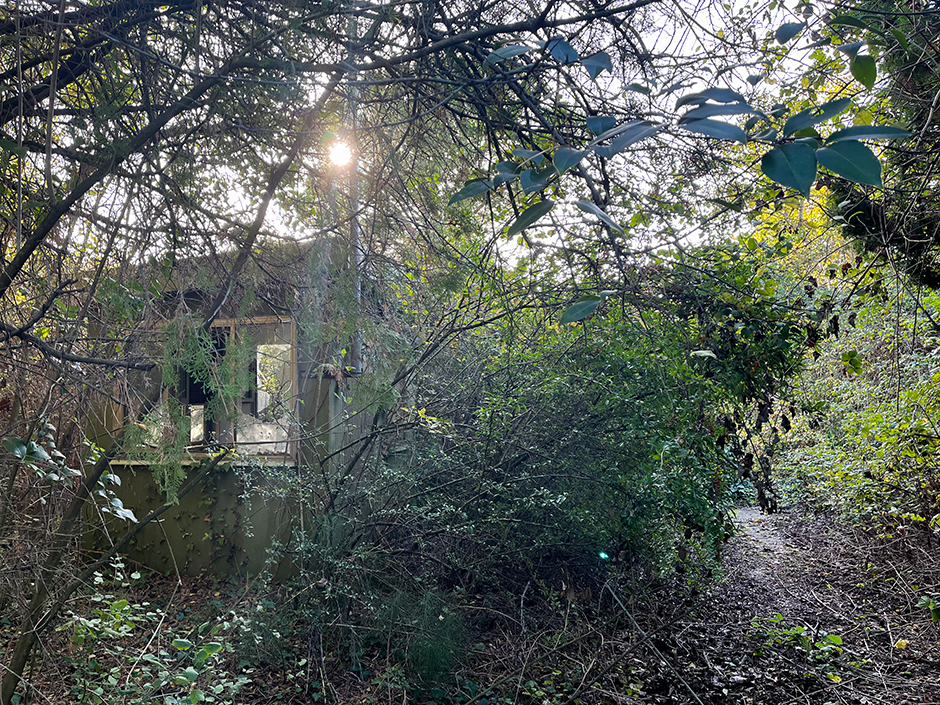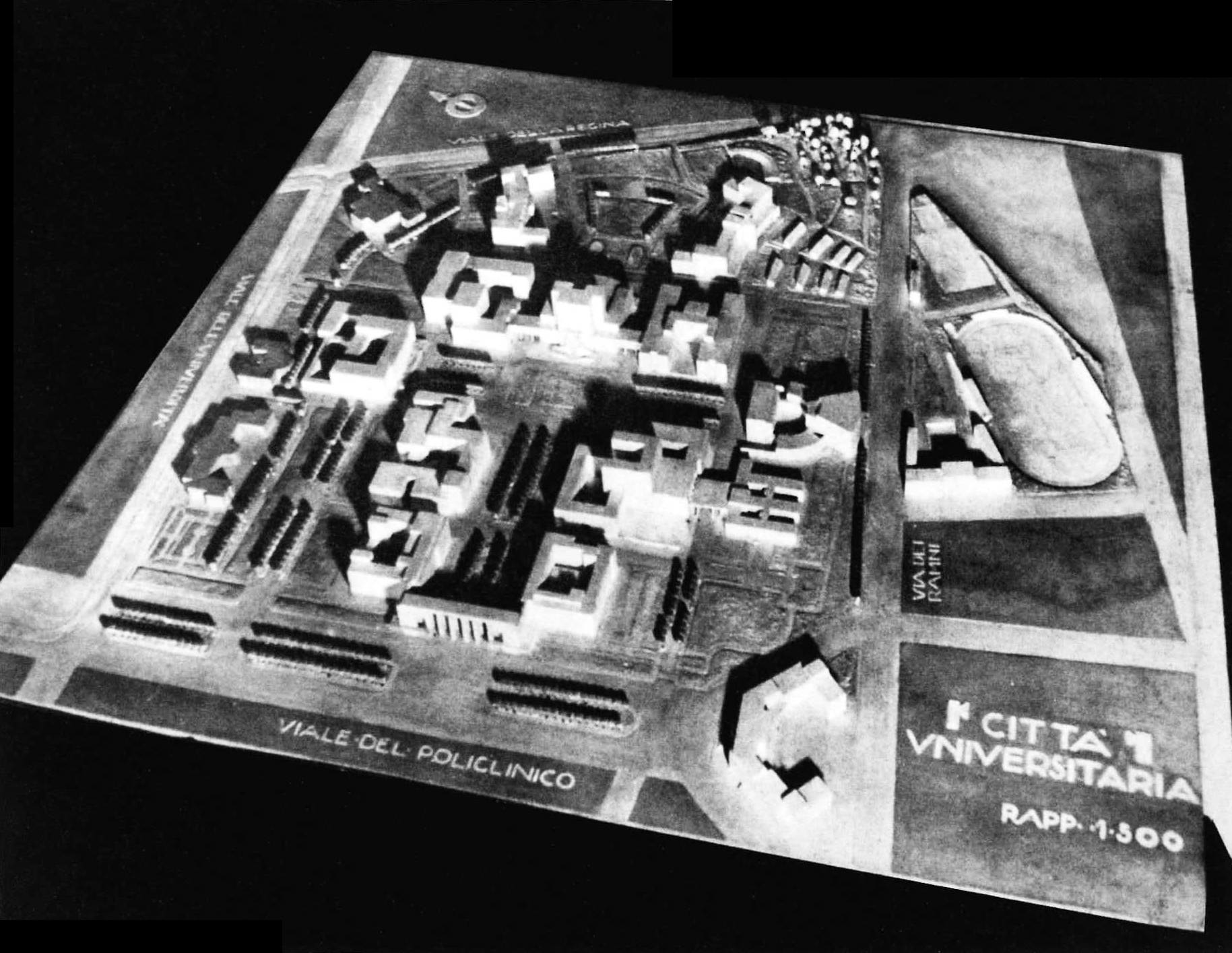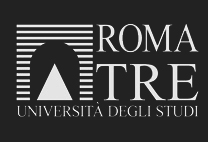LIBERI DI COSTRUIRE?
La prevaricazione dell’interesse privato sull’interesse collettivo
di Nicola Vazzoler
Questo breve saggio condensa e restituisce una lunga riflessione nata durante la mia esperienza di Amministratore presso il Comune di Aquileia (UD). La libertà a costruire normata a livello nazionale garantisce un equilibrio fra sfera pubblica e sfera privata nella creazione e cura della città, qui intesa come “casa della comunità”. Ma cosa succede quando le interpretazioni regionali rischiano di compromettere questo equilibrio e porre in primo piano l’interesse privato a discapito dell’interesse collettivo? Il caso della L.R. 19/2019 del Friuli Venezia Giulia diventa un caso per comprendere le ricadute dirette sugli Enti locali lese nella loro funzione di suprema direzione della cosa pubblica e nel loro diritto di rappresentatività non potendo garantire talvolta quanto espresso nelle proprie linee di indirizzo politico.
This essay condenses and reports a long reflection born during my experience as Deputy Major at the Municipality of Aquileia (UD). The freedom to build regulated at national level guarantees a balance between the public and private spheres in the creation and care of the city, here called the “community house”. But what happens when regional interpretations risk compromising this balance and putting private interest in the foreground to the detriment of the collective interest? The case of L.R. 19/2019 of Friuli Venezia Giulia becomes a case to understand the direct repercussions on the injured Municipalities in their function of supreme direction of public affairs and in their right to representativeness, sometimes not being able to guarantee what is expressed in their own political guidelines.
Nicola Vazzoler, architetto e Dottore di Ricerca in Politiche territoriali e progetto locale (con la tesi Intensità urbana, un rapporto ragionato a partire dal caso di Roma), è stato assegnista di ricerca presso il Dipartimento di Architettura di Roma Tre e Vicesindaco della città di Aquileia (UD). Ora è libero professionista presso lo studio Stradivarie Architetti Associati (settore pianificazione). Impegnato nella didattica (presso le Università degli Studi di Trieste, Università IUAV di Venezia e RomaTre), nella ricerca (fra gli altri il PRIN Territori post-metropolitani) e nell’attività professionale (Piano di Assetto dell’Area archeologica monumentale del Colosseo per RomaTre), è co-fondatore di GU | Generazione Urbana (con il quale ha seguito il Monitoraggio delle forme periferiche contemporanee a Roma per DGAAP MiBACT) e ha collaborato con i giornali on-line di settore UrbanisticaTre, Planum e PPAN.







